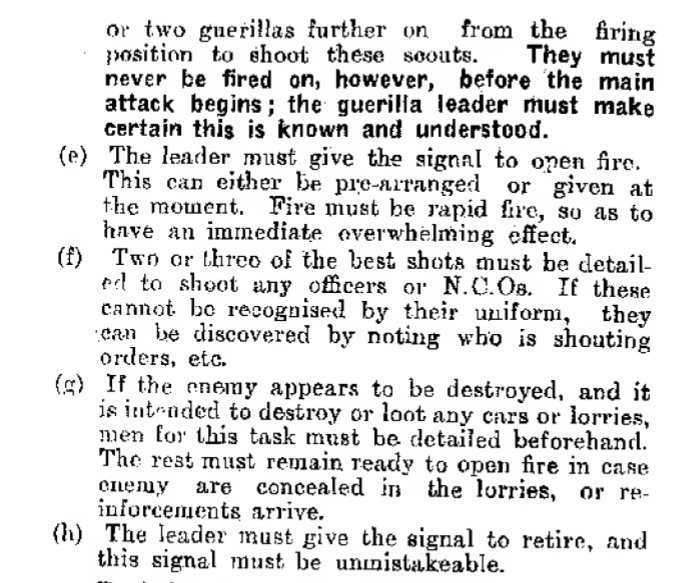
The first recorded instance of what would today be called paramilitary covert action: In the mid 13th century BC Tawagalawa Letter, Hittite King Hattusili III wrote to the king of Ahhiyawa (Mycenaean Greece) saying he knew he was supporting rebels in Hittite territory. 

The letter concerns an individual named Piyamaradu, an Anatolian rebel who was raiding into Hittite territory, and who was given asylum by the Greek King. Hattusili asked for him to be expelled, handed over to the Hittites, or at least prohibited from attacking Hittite lands. 

The letter also mentions the Mycenaean King's brother, Tawagalawa, who Hattusili claimed was in Anatolia aiding rebels against the Hittites. "Tawagalawa" is sometimes thought to be a Hittite rendering of the Greek "Eteocles." 

Hattusili argues the two kings should be able to resolve this peacefully -- after all, hadn't they worked out their conflict over Wilusa (Troy)? Unfortunately, the letter does not say what exactly this conflict was, but it's a tantalizing detail. 

There seems to have been an ongoing cold war between the kingdoms, which included an economic embargo -- Hittite artifacts are remarkably rare in Greece, unlike their other neighbors, and another diplomatic letter mentions a Hittite prohibition on Mycenaean ships going to Assyria
• • •
Missing some Tweet in this thread? You can try to
force a refresh






































